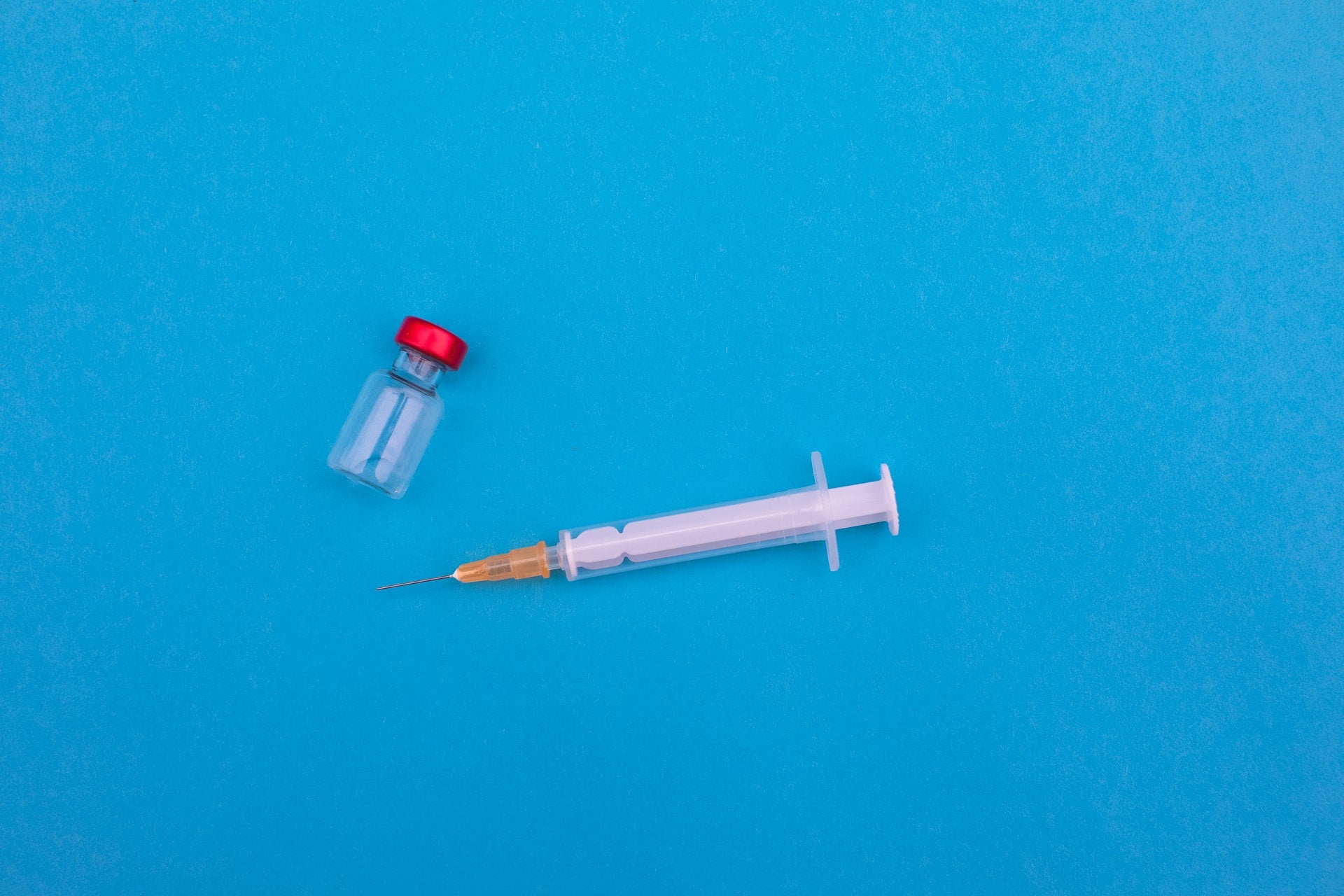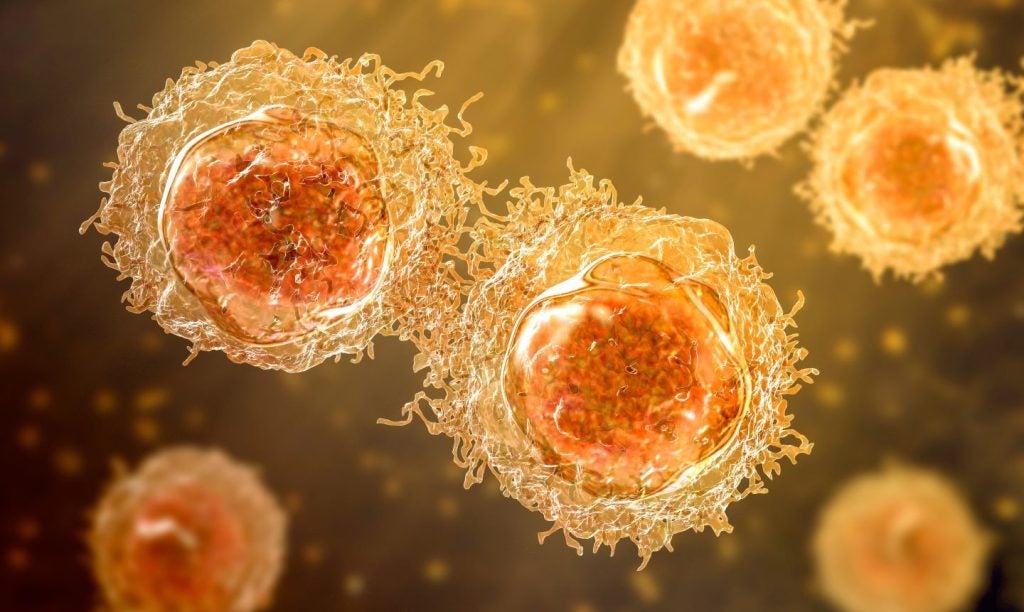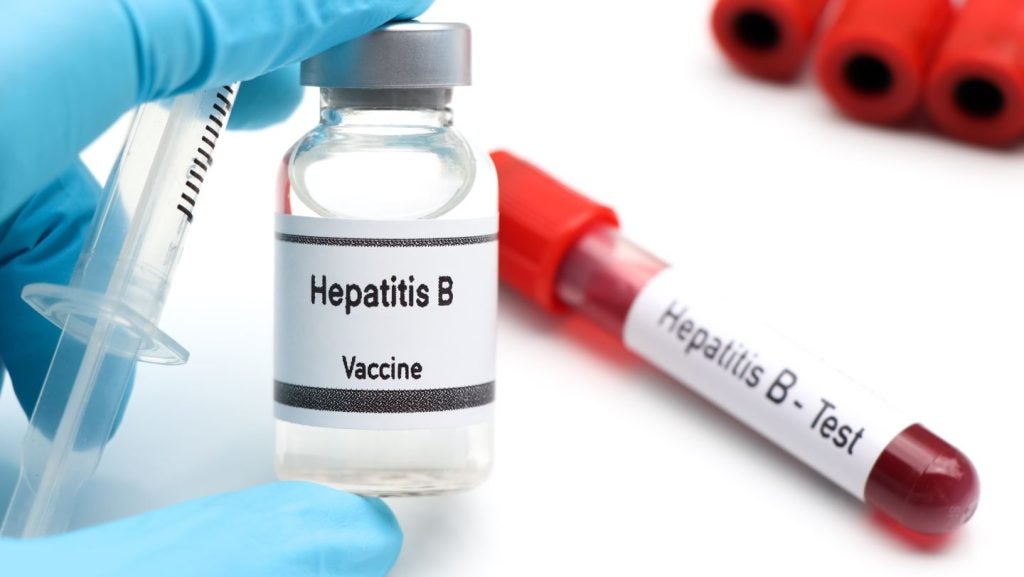
Johnson & Johnson (J&J) has reported that data from Phase III EBOVAC-Salone clinical trial showed its Ebola vaccine regimen offered a strong and lasting immune response in adults and children aged one to 17 years.
The vaccine regimen comprising Zabdeno (Ad26.ZEBOV) and Mvabea (MVA-BN-Filo) was developed by the Janssen Pharmaceutical Companies of J&J along with Bavarian Nordic.
Created and produced using Janssen’s AdVac technology, the regimen leverages a non-replicating viral vector approach where viruses are genetically modified to stop their replication in human cells.
Such viral vectors have the genetic code of various Ebola virus proteins to induce an immune response.
The two-stage Phase III trial is assessing the safety and immunogenicity of the two-dose, heterologous Ebola vaccine regimen.
The regimen comprises Ad26.ZEBOV administered as an intramuscular first dose followed by MVA-BN-Filo as the second dose after 56 days.
How well do you really know your competitors?
Access the most comprehensive Company Profiles on the market, powered by GlobalData. Save hours of research. Gain competitive edge.

Thank you!
Your download email will arrive shortly
Not ready to buy yet? Download a free sample
We are confident about the unique quality of our Company Profiles. However, we want you to make the most beneficial decision for your business, so we offer a free sample that you can download by submitting the below form
By GlobalDataIn the first stage, 43 adults aged 18 years or above received the vaccines while in stage two, 400 adults and 576 children or adolescents were inoculated.
According to the data, the Ebola vaccine regimen was well-tolerated and triggered antibody responses to the Zaire ebolavirus species after 21 days of the second shot in 98% of all subjects.
No safety signals of concern associated with the regimen were observed in the trial.
Consenting adults in stage one received a booster dose of A26.ZEBOV two years after the first dose.
Findings demonstrated that a booster shot elicited a robust anamnestic (immune) response within seven days.
Furthermore, these data back the possible prophylactic usage of the vaccine regimen in adults and children, J&J noted.
Long term follow-up of the subjects in the trial is progressing.
Johnson & Johnson executive committee vice-chairman and chief scientific officer Paul Stoffels said: “These peer-reviewed data support the prophylactic use of the Johnson & Johnson Ebola vaccine regimen to protect people at risk of Ebola, which is essential to our vision of preventing Ebola outbreaks before they can begin.
“Recent and ongoing outbreaks in Africa underscore that the threat of Ebola is not going away, which is why we collaborated to develop a vaccine regimen capable of inducing long-term immunity against Ebola and are now working to ensure that it is accessible to people in need.”
Last month, J&J reported new interim data from two Phase I/IIa trials where its Covid-19 vaccine as a booster induced a quick and strong rise in spike-binding antibodies.






